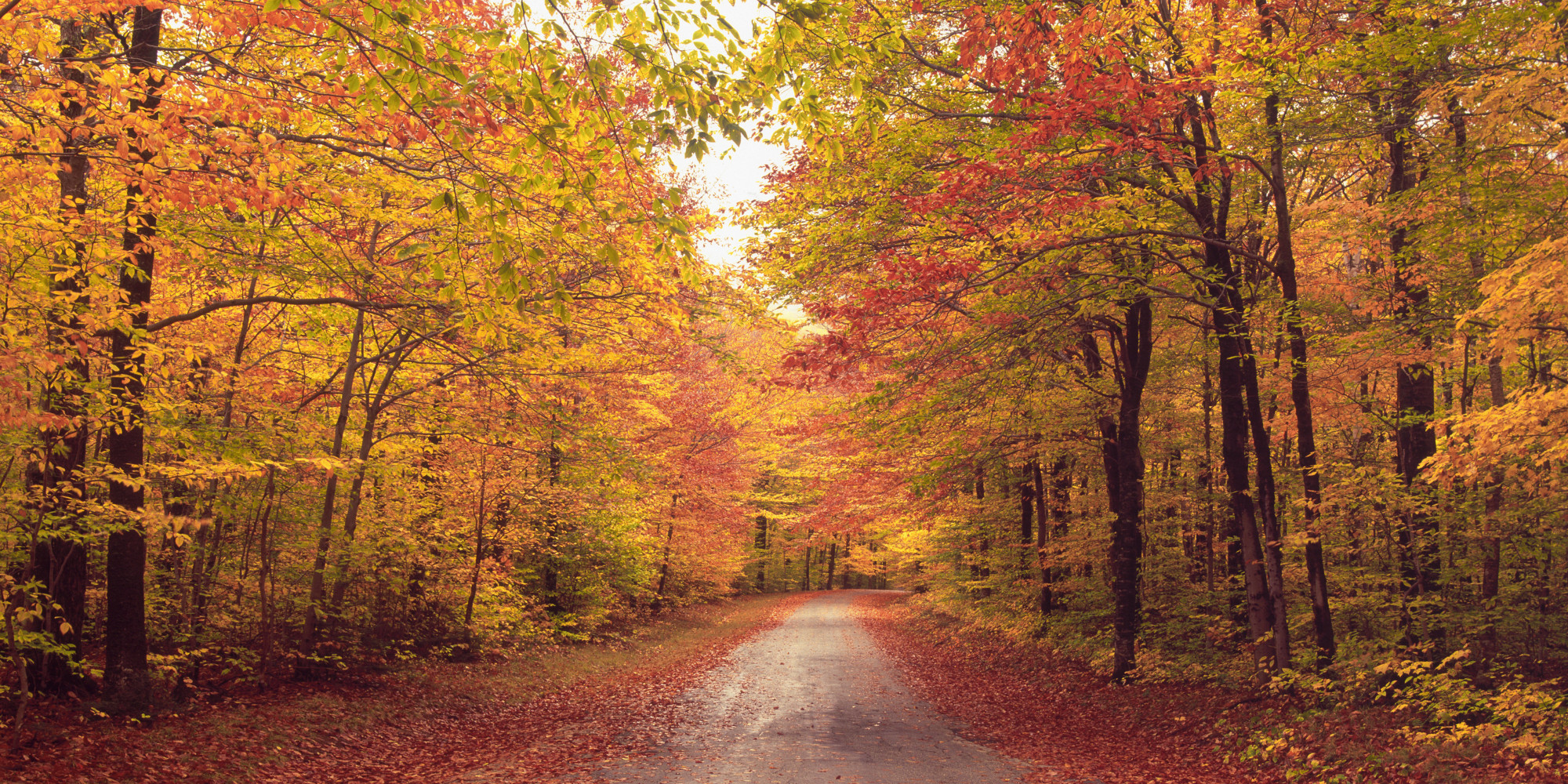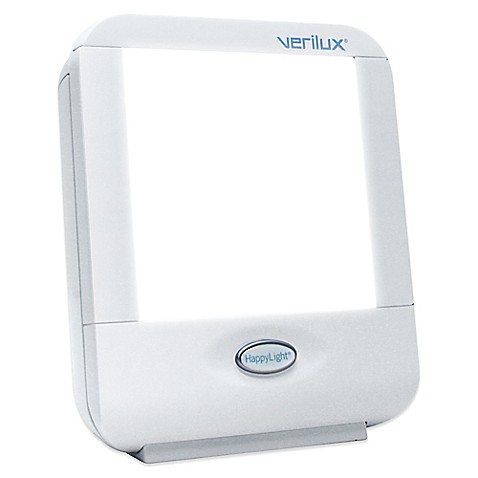
image source: http://www.huffingtonpost.com/2013/09/21/first-day-of-fall-2013_n_3964178.html

image source: https://www.bedbathandbeyond.com/store/product/verilux-reg-happylight-liberty-5k-natural-spectrum-energy-lamp/1042864431
I personally love fall weather. The cool crisp air, the stepping on crunchy leaves, and being able to wear my boots are just a few of my favorite things about fall. However, there is one thing I dislike about this time of year: how early the sun sets. When the sun has started setting while I’m still eating dinner, I just feel tired and all I want to do I crawl into bed.
This feeling is pretty common, and it’s known as seasonal-affective disorder, which is a mood disorder in which the colder weather and decreased exposure to sunlight causes people to be depressed. This can occur with all people, even those without typical depression. Luckily, there are ways to combat these depressed moods in changing seasons, the most effective way being light therapy. With light therapy, you get exposure to natural light that you are otherwise lacking due to the change of season (MayoClinic). Here is an example of one of these lights that you can use. I’ve used something similar to the example provided, a “Happy Light”, and I personally found it helpful.
In doing research about Seasonal-Affective Disorder, psychologists and scientists have found results that suggest that these “happy lights” can help people with depression year-round. In a study published by the Journal of Affective Disorders, 95 people with either bipolar depression or unipolar depression were randomized into two groups: one group that would receive bright light therapy, and a control group that did not. Initially, there was no difference between the two groups, with p=02. However, after some more time, the study found that those who received bright light therapy had improved symptoms with p=.02, and that some even achieved remission with p=.04. This study provides strong evidence that light therapy can be helpful for people with depression, however it should be noted that the participants in this study were on medication prescribed by psychiatrists during the study, so light therapy may me helpful with depression, but not on it’s own.
In a meta-analysis of clinical trials, studies that have been done on bright light therapy in regard to nonseasonal depression were collected and compared. The meta-analysis found that bright light therapy helped those with depression to relieve symptoms, with a p-value<.001. The meta-analysis also found that the best regiment for bright light therapy was for two to five weeks at the same time daily. This meta-analysis provides great evidence that not only is bright light therapy helpful for those with seasonal-affective disorder, but for those who suffer from depression year round.
All in all, I think bright light therapy, specifically “happy lights” are a useful and fairly cost-effective way to help with mood disorders, regardless of whether or not they are seasonal.

Chelsea,
I found your post intriguing because I am someone that suffers from Seasonal-Affective Disorder. I am all about warmth and long sunny days. When the cold seasons come around, I find myself more tired and less happy just from the days getting darker faster and the cold air making it hard for me to leave my bed.
This is a horrible cycle to fall into. I wouldn’t call my symptoms a depression, per say, but I do notice a difference in my daily mood once the seasons get darker and colder. I find myself less motivated to get out in the fresh air and do things.
And then come the allergies. Having red itchy eyes on most days and a sniffly nose, do make me want to stay in bed even more. I already suffer from FOMO Disorder (Fear of Missing Out)…Yes this is a real thing that several college students have- nay, several Penn State students have. Living in such an amazing college town makes it hard for me to stay in and not wish I was out with my friends. So, yes, Seasonal-Affective Disorder is no bueno for this chick.
For your interest, I read an article that discusses how allergies from the changing seasons contribute to people’s misery and sometimes developed depression. You may find it a good read.
http://www.webmd.com/allergies/features/allergies-depression
Overall, I think your post was well organized, supported, well written, and interesting. Great job!
I definitely suffer from Seasonal-Affective Disorder and Depression. The fall semester is always worse for me than the spring semester. I never thought to look into what this was called because the women in the family all suffer from this; and it gets worse the older you are. Some women in my family have taken medication at some point or another for their long term depression, but that was at one point in time during a specific time in their life. But personally for me, I do not know how effective light therapy would be. I think I will look into light therapy as an option, just to see if it helps.